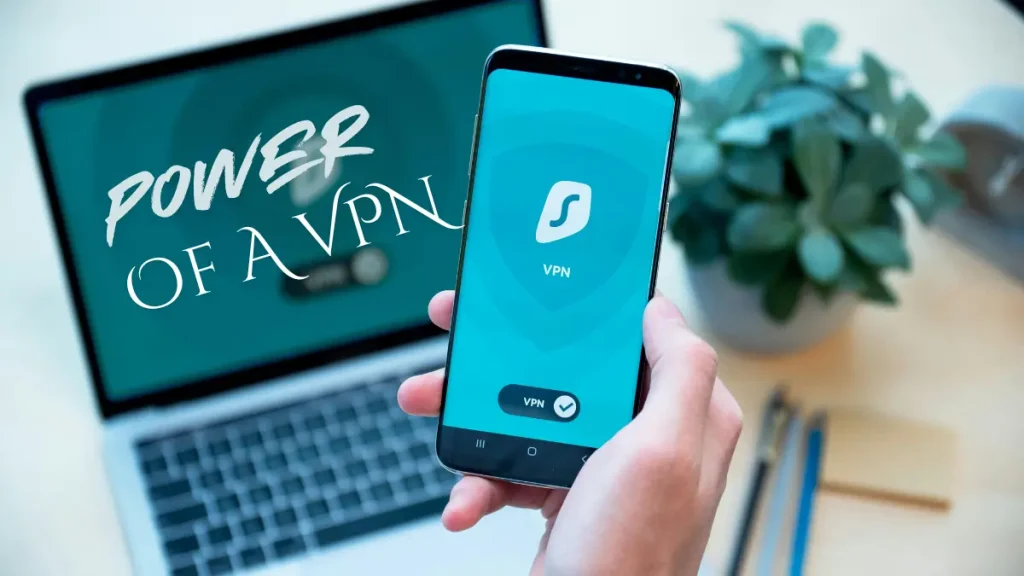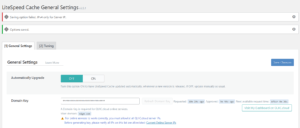At this juncture in history, protecting your online activity is paramount.
From connecting to public Wi-Fi networks or viewing geo-restricted content harnessing the power of a VPN can prove immensely useful for protecting your digital presence.
This article will examine what a VPN is and its significant advantages in safeguarding digital presences.
Power Of A VPN
VPN technology creates a safe, encrypted link between your device and the internet, masking its IP address while also encrypting data traffic being routed through remote servers that cannot be monitored by any party.
VPNs offer protection from hackers, government spies, and even your internet service provider (ISP) with unhackable tunnels securing your information against threats that cannot be attacked directly.
Unlocking Secure Browsing With A VPN
1. Maintaining Privacy
Your ISP could easily spy on and monitor your online activities, selling any browsing data to advertisers who could then exploit it against your privacy.
A VPN, on the other hand, secures that connection so it’s impossible for ISPs to monitor or track online behavior; furthermore, it blocks third-party websites, advertisers, and those looking for the collection and analysis of personal information, giving you complete control of personal information.
2. Improved Access
Surfing the Internet can be frustrating when unable to access certain websites that we need.
But such access controls can be overcome through VPN services; meaning if a particular website is blocked in your country then access can still be gained using this method instead of browser-level proxying or browser extensions; although with features like private browsing or Incognito, you should still have full access.
3. Extra Security
Most websites currently employ stronger encryption algorithms; however, in certain instances, they might still be weak.
A VPN service can add another layer of protection by providing another layer of encryption on top of what already exists – and works at a system level as discussed earlier.
Simply put, using a VPN ensures your web browser becomes even more secure to browse the internet – meaning all internet traffic will be encrypted adding difficulty for potential threat actors.
4. Keeping Your Connection Secure
One of the main advantages of VPN use is enhanced security. Once connected to a VPN server, all your data becomes encrypted – making it virtually impossible for anyone else to intercept, decipher, or steal it.
So whether browsing, making online transactions, or accessing sensitive files and information; VPNs ensure your information remains protected giving you peace of mind in an increasingly interconnected world.
5. Boosting Security For Public Wi-Fi
Public Wi-Fi networks can be vulnerable to hackers who exploit weak security measures to gain access to user data.
When connected to a VPN, your data will remain encrypted so that even if someone manages to intercept and decipher it, your sensitive information remains safe from prying eyes.
With this confidence-inducing measure in place, connecting with public Wi-Fi networks should no longer pose as much of a risk.
6. Surfing Without Ads
Ad-blockers have become an indispensable feature in web browsing today; ads and popups have become so annoying that ad-blockers have become necessary.
But having one ad-blocker may not be sufficient; an entire system-wide blocker via VPN would make more sense; installing one will help block ads while providing you with an untracked browsing experience altogether.
FAQs
Q.1 Are free VPNs secure?
Consider the value of your online privacy and look into credible premium VPNs to ensure security.
Q.2 Are VPNs legal?
Q.3 Is using a VPN complicated?
The majority are easily accessible and convenient because they offer desktop and mobile apps.
Q.4 Will my connection be slowed down by a VPN?
Remember that security measures add another layer of processing, but the cost for peace of mind is frequently minor.







